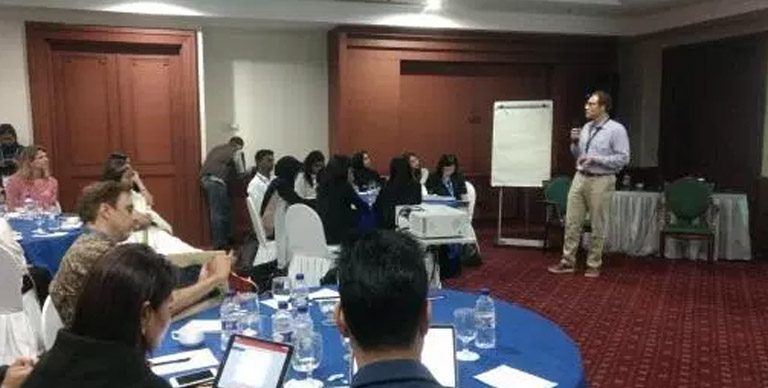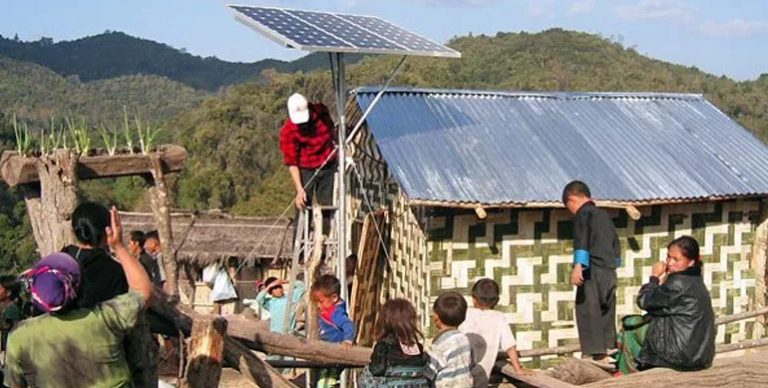Unlikely collaborations to solve India’s sanitation problems
Perhaps no one understands the significance of World Toilet Day like India’s 597 million people who have to defecate in the open. And there is perhaps no time like right now to ‘celebrate’ this Day in the country where the new government’s efforts to crack this problem on mission mode have generated a lot of incredibly promising initial commitments. We’ve seen corporate India rally around this renewed call to action with their donor Foundation arms as well as inclusive business divisions kicking into high gear. For those of us advocating the ‘impact through business thesis’, this is another great reason to bring our belief into a mainstream conversation.
Airtel, among India’s leading telecom players, committed INR 1 billion towards constructing toilets across a small town in the state of Punjab called Ludhiana soon after the Indian government’s launch of the Clean India (Swachch Bharat) Campaign. This campaign has committed that ‘no household or school in Ludhiana will be without a toilet at the end of 3 years.’
Reckitt Benckiser also committed INR 1 billion a few months later, with a mission to create awareness about the importance of hygiene and sanitation with several NGO partners and a close association with its hygiene brand Dettol and its dominant toilet care brand Harpic.
Other examples of corporate interventions abound with names like Unilever, retailer Future Group and Indian FMCG major Dabur.
This takes me to some of the growing movements that can potentially really move the sanitation needle which are being driven by early stage social enterprises. Astute entrepreneurs who have been innovating both on the ‘product’ side and delivery side are creating access to sanitation & waste disposal for low income communities.
Some cases in point are Banka Bioloo, which solves the problem of waste disposal by using a ‘bio-digester’, and is also able to deliver a toilet unit at affordable prices. They have also found that in the last fiscal year INR 19 billion out of a total allotment of INR 27 billion under the Total Sanitation Campaign for Rural Areas went unutilized. They are now doing interesting work even for the Indian Railways, which still grapples with the problem of open disposal of waste. Banka BioLoo secured a recognition in 2013 from the prestigious Sankalp Awards, which honors India’s most scalable social enterprises.
Other social entrepreneurs who are coming in to tackle other gaps in sanitation delivery include Eram Scientific, which makes portable toilets with integrated technology. It revealed the world’s cheapest solar powered e-toilet for schools in India. I am also thinking of Green Power Systems which has devised arguably the first viable biowaste to energy solution for urban establishments.
Where the World Toilet Day conversation needs to go for India now is towards creative, unlikely collaborations. Entrepreneurs who need to be on the same table with corporates the many billion INR, NGOs, DFIs and few policy folks to blueprint how the problem of access to sanitation & its sustained maintenance can be solved at scale post haste.
A big role for conveners and enablers here.
Pic credit: Banka BioLoo
Related Articles
-
18 April 2018
Revisiting SOCAP – more momentum and a higher bar








